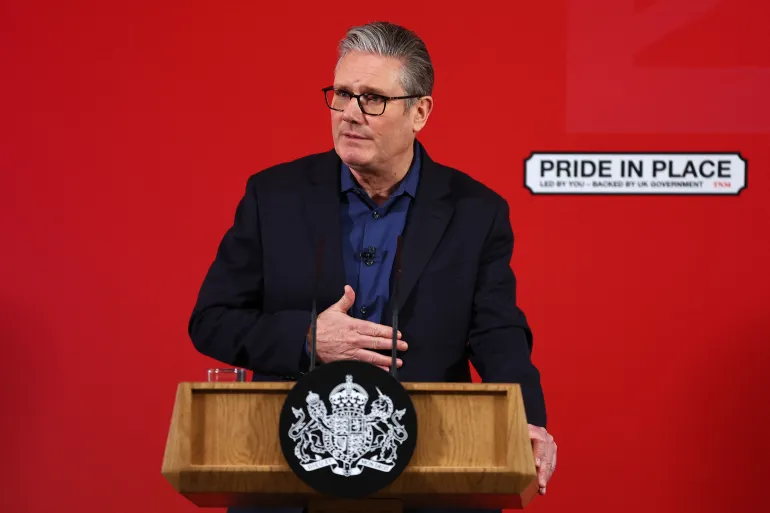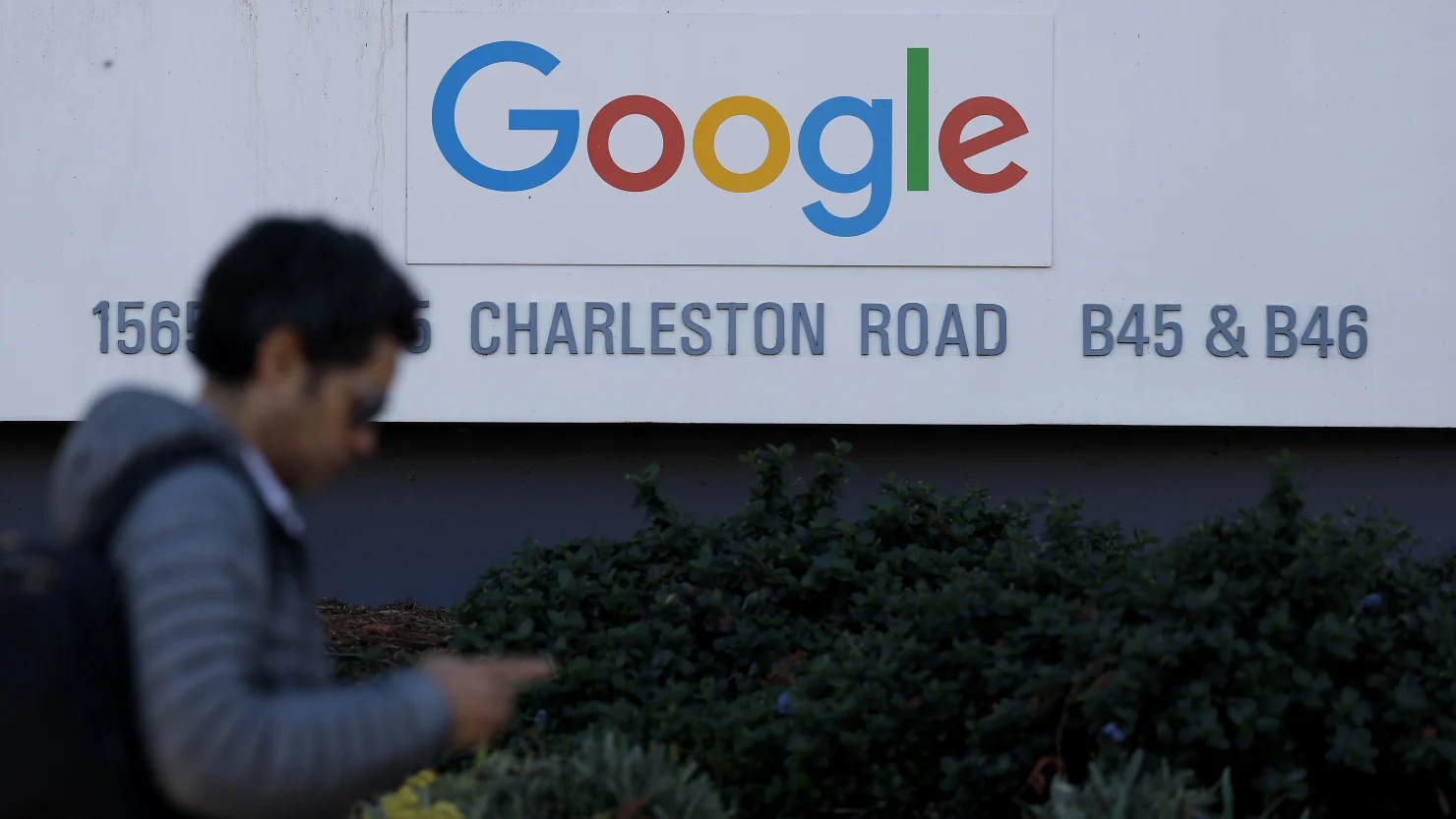Consumer spending remained resilient in March, with US retail sales posting stronger-than-expected growth despite broader economic concerns and declining consumer sentiment, CNBC reports.
According to data released Wednesday by the Commerce Department, retail sales rose 1.4% on the month, surpassing the Dow Jones forecast of 1.2% and marking a significant acceleration from February’s revised 0.2% gain.
The March report suggests that demand among consumers continues to hold steady, even as uncertainty surrounds potential tariffs and inflationary pressures. On a year-over-year basis, retail sales increased 4.6%, based on figures adjusted for seasonal variation but not for inflation.
Excluding auto-related purchases, retail sales were also above expectations, increasing by 0.5% compared to the 0.3% projection. However, auto sales played a major role in the overall boost, with motor vehicle and parts dealers seeing a notable 5.3% rise. Economists noted this jump may reflect consumers accelerating purchases in anticipation of possible price hikes linked to proposed tariffs.
“Net, net, these are simply blowout numbers on March retail sales,” said Chris Rupkey, chief economist at FWDBONDS. “Consumers are expecting sharply higher prices the next year and are clearing the store shelves and picking up bargains while they can.”
Despite the robust retail data, financial markets showed limited immediate reaction. Stock futures edged lower, while yields on longer-term Treasury bonds moved slightly higher.
In addition to autos, several other retail categories experienced solid gains. Sales at building material and garden supply stores increased 3.3%, while sporting goods, hobby, and music stores posted a 2.4% rise. Food services and drinking places climbed 1.8%, reflecting continued strength in discretionary spending. Conversely, gasoline station sales declined by 2.5%, attributed to lower fuel prices during the month.
The upbeat retail figures contrast with recent consumer sentiment indicators. The University of Michigan’s consumer sentiment survey last week reported one of its lowest readings on record, and expectations for one-year inflation reached their highest level since 1981.










The latest news in your social feeds
Subscribe to our social media platforms to stay tuned